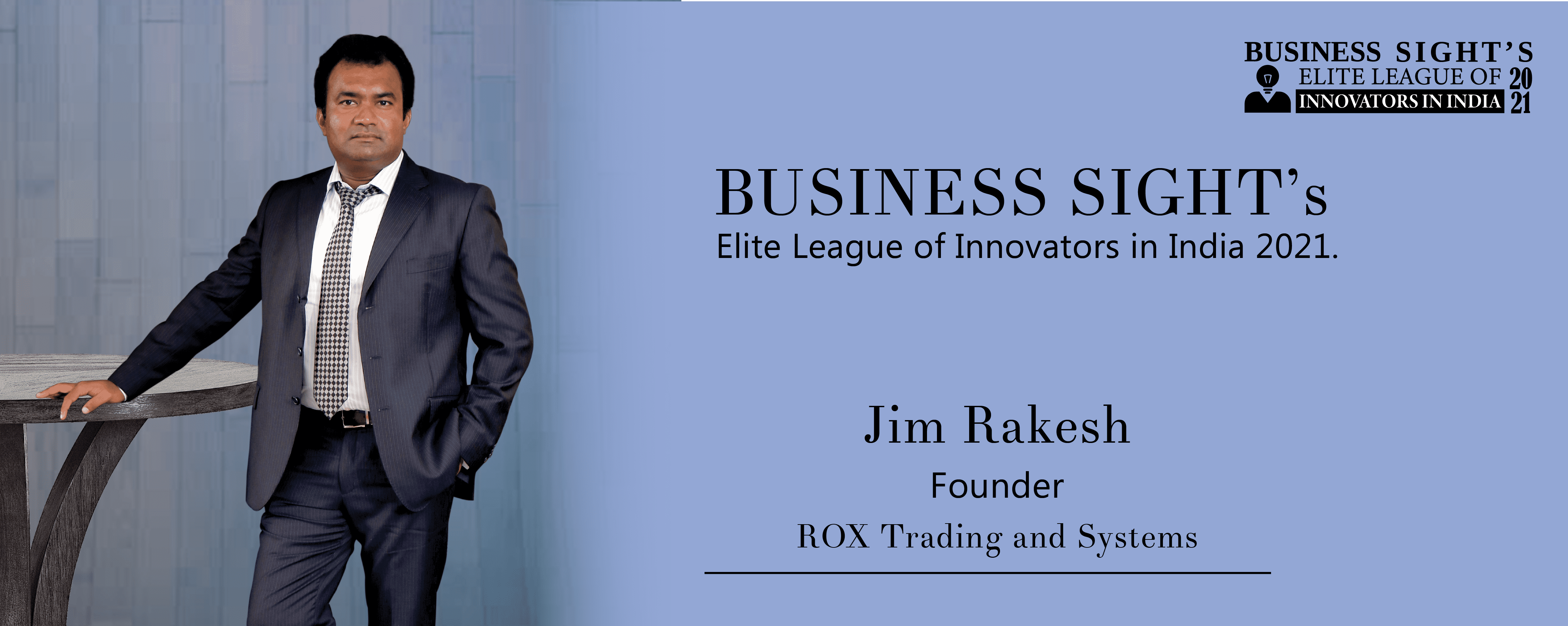As the Lok Sabha elections are around the corner, there is an added pressure on the Government to overcome the challenges faced by the healthcare system in India and meet the expectations set by the media and the non-ruling party.
The World Health Organization has given its report according to which India’s healthcare system is at 112 out of 190 countries, which is satisfactory, but much can be done to improve the plight of the sector.
Here are five things one should know about India’s healthcare system.
- Rural-Urban disparity: There is a wide gap between rural and urban populations when it comes to healthcare in India. While the urban is more aware and ready to spend on expensive treatments, the rural still is not so much aware and does not want to spend much, as they have other necessary expenses to meet out from their pockets. Therefore, steps need to be taken to provide healthcare programs to the rural population so that they receive medical assistance without worrying about the expenses. Free camps, health checkups, and discount schemes are useful to drive the urban towards taking a step to avail better treatment.
- A robust payment mechanism is not in place: While rural-urban disparity is a significant factor that impacts the healthcare system in India, the other is the poor payment mechanism. In India, mostly the population, the patient himself and his attendees have the habit of paying out-of-pocket when they need to pay for their medical bills, which causes a significant impact on their bank balance, which is not every time too hefty. Because of this tendency to settle just out-of-pocket, most of the people avoid taking medical help unless it becomes the only option to save one’s life. On the contrary, if they know about various insurance schemes, cashless payments, mediclaim, etc, they can keep their earning and pay through such facilities.
- Rising demand for Primary Healthcare and Infrastructure: India is a country where there is a need to fix the primary health concerns in the areas of diseases like HIV, malaria, tuberculosis, and diarrhea. Only a small percentage of the population has access to quality sanitation, which further worsens the key concerns above giving rise to the need for primary health care in India. While the urban population still get access to better sanitation and hygiene, but the rural ones suffer from it a lot and pays heavily if there is an epidemic. There is a burgeoning need to streamline health IT system and to improve the efficiency of every player involved in the healthcare ecosystem. From standardizing diagnostic procedures, building rural clinics to appointing skilled medical graduates, primary healthcare entails all functions which the healthcare officials need to address seriously.
- Increasing Pharmaceutical Sector: As per IBEF, India is the third-largest exporter of pharmaceutical products in terms of the volume where approx 80% of the market is composed of low-cost generic drugs which prove to be a significant driver of Indian economy. Several factors like the increase in the aging population, rising incomes of the middle class, and the development of primary care facilities are expected to decide the future of the pharmaceutical industry in India further. The government has also taken some measures by allowing foreign direct investment in this sector which proves to be a critical driving force behind the growth of Indian pharma.
- Low development in Medical Devices Sector: The medical devices sector is the most neglected and probably the smallest in share in India’s Healthcare Sector. Although, it is the fastest-growing sectors in the country like the health insurance marketplace. The biggest challenge is that the industry faces some regulatory problems which has prevented its growth and development.
However, as the Government has realized that the medical device sector is not growing as it should, it has now liberalized most of the regulations and made way for the industry to increase rapidly contributing to India’s healthcare sector.
India is a country with a vast population, while, the rise in population can be perceived as a challenge; it can also be considered as a boon for some industries particularly, the healthcare. Indian Government is optimistic about the development that shall take place in the sector and how the increasing awareness among the people will eventually add to it.

















